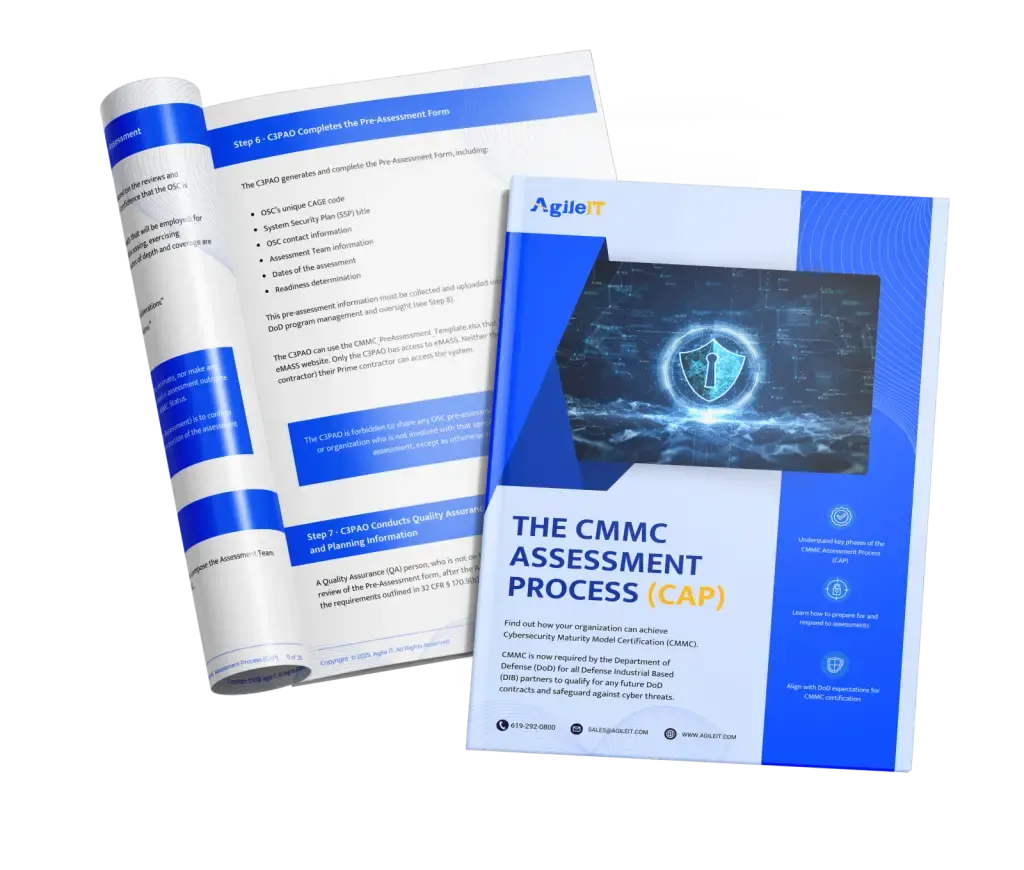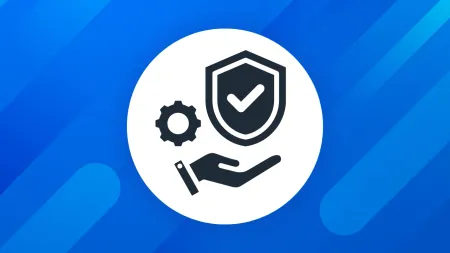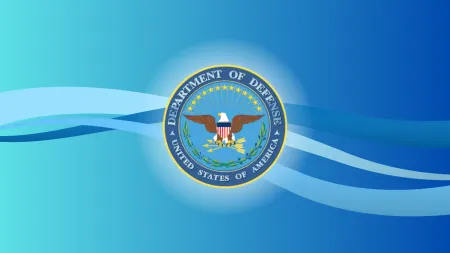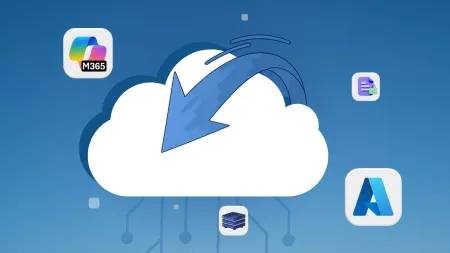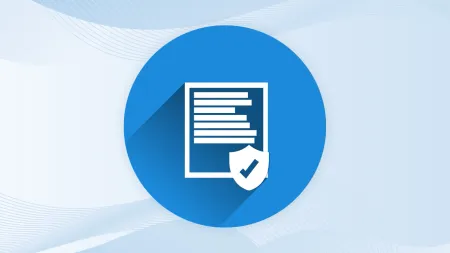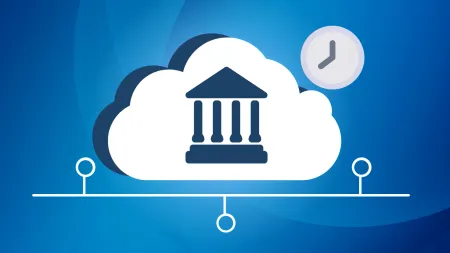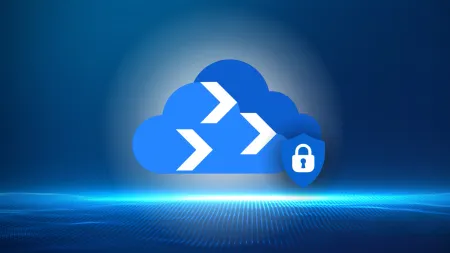Why Hire an MSP to Manage CUI Compliance?
Discover how hiring an MSP to manage CUI compliance streamlines security, meets DFARS and NIST 800-171 requirements, and reduces internal IT burden.
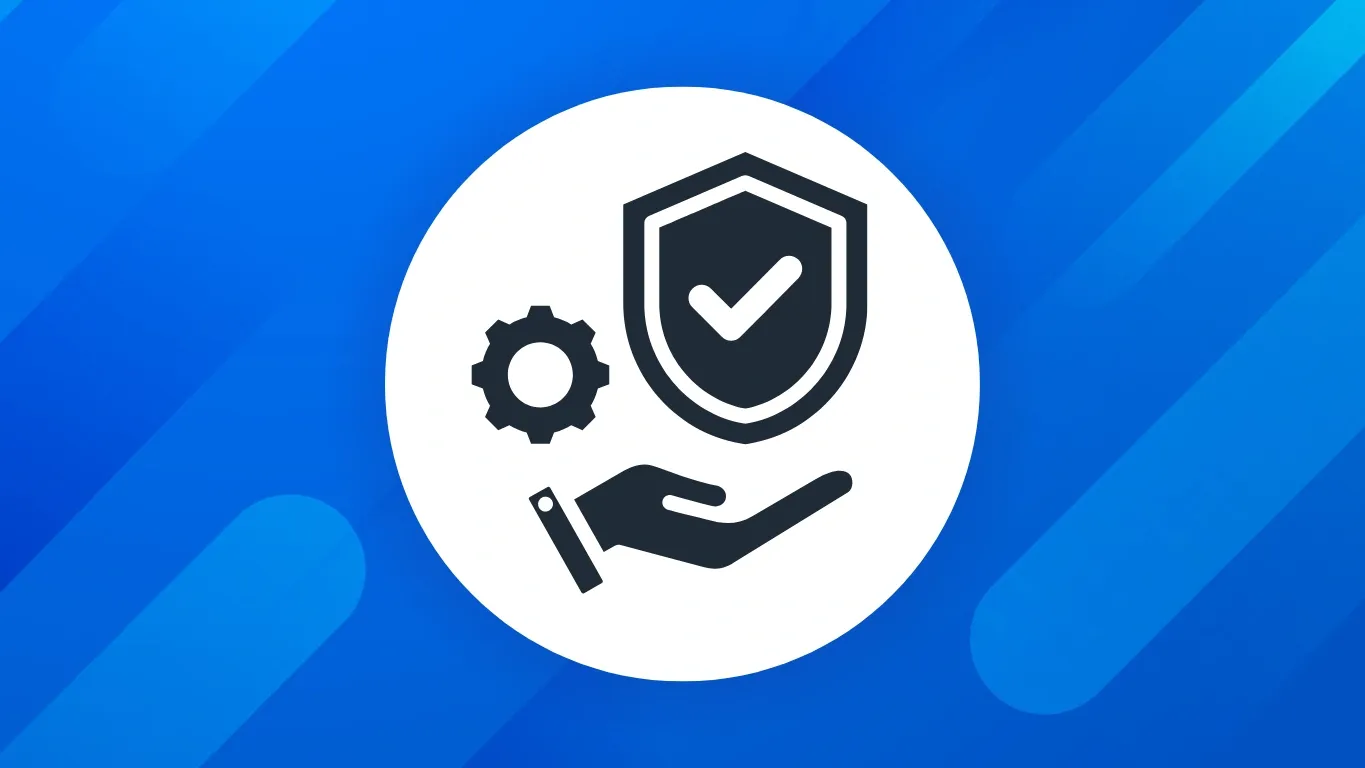
The Federal Government and its contractors collect, store, and transmit gigabytes of information. Some of that data is publicly available and readily accessible at government offices and websites while other information is restricted to only those who have the appropriate clearance. In the void between “anyone can see this” and “only those with clearance can see this” lies uncontrolled classified information (CUI). It is sensitive but not officially classified.
Understanding where specific data resides can be time-consuming and securing it can be costly. Partnering with a managed service provider (MSP) for federal contractors can ease the strain of CUI compliance places on business operations. While not mandated, working with Agile IT can help accelerate compliance efforts, ensure technical accuracy, reduce internal burden, and improve readiness for assessment or certification.
What is CUI?
CUI is sensitive information is unclassified information that requires safeguarding or dissemination controls according to law, regulation, or government-wide policy. In the Defense Industrial Base (DIB), CUI data includes the following:
Personally identifiable Information (PII)
PII is any information that can be used to identify a specific individual. The data may be used alone or combined with other information to trace a person’s identity. Social security or driver’s license numbers can be used to locate additional information about someone. Sensitive PII or SPII data that, if compromised, can expose medical and financial information to further identify an individual.
Proprietary Business Information (PBI)
Business plans, trade secrets, financial records, and patent applications are PBI that can weaken a company’s competitive advantage. If compromised, PBI can jeopardize a company’s financial viability and impact the broader economic or industry stability.
Unclassified Controlled Technical Information (UCTI)
Manufacturing processes, laboratory research, and building schematics contain proprietary information that can compromise a business. While unclassified, this information is sensitive and requires protection to prevent unauthorized access. If compromised, UCTI can jeopardize a company’s intellectual property, enable adversarial exploitation of defense technologies, and pose a risk to national security. Under DoD contracts, UCTI is considered a form of CUI and must be protected in accordance with NIST SP 800-171 and CMMC Level 2 requirements.
What Are the CUI Requirements?
CUI policy outlines a uniform marking system for information across the Federal Government and replaces agency-specific designations. It is not a classification but an identifier that indicates special handling. Given the economic and national security implications, the government and its agencies have adopted the following standards.
Defense Federal Acquisition Regulation Supplement (DFARS, 1984)
DFARS was initially published in 1985 to improve and stabilize the procurement process; it continued to pursue its mandate to enhance government efficiency. In 2010, DFARS issued the following as it expanded its scope to include cybersecurity requirements for sensitive information.
-
DFARS 252.204-7012 mandates defense contractors to protect sensitive information by implementing NIST SP 800-171 security requirements.
-
DFARS 252.204-7019 stipulates that contractors must have a current DoD assessment based on the NIST SP 800-171 Assessment methodology.
-
DFARS 252.204-7021 ties contract eligibility to compliance with the CMMC level specified in the solicitation. The DoD contracting office will specify the need for a particular CMMC level and assessment time (e.g. self-assessment, C3PAO, or DIBCAC) based on the sensitivity of information involved and the requirements of the contract.
DFARS clauses implement NIST SP 800-171 requirements and, through DFARS 252.204-7021, incorporate the CMMC framework to ensure consistent, assessable cybersecurity standards across DoD contracts, reducing gaps and inconsistencies in contractor compliance.
Cybersecurity Maturity Model Certification (CMMC, 2020)
The DoD established the CMMC process to strengthen the protection of sensitive information throughout its supply chain. Contractors, including primes and subcontractors, may be required to meet one of three certification levels depending on the type of information they handle. Level 1 contractors, who deal only with Federal Contract Information (FCI), can perform annual self-assessments. For Level 2, which applies to Controlled Unclassified Information (CUI), some contractors may self-assess, but others, depending on the contract, must be certified by an authorized third party. Level 3 contractors require government-led assessments. CMMC 2.0 streamlines the program by aligning directly with the NIST SP 800-171 security requirements, making it easier for organizations that must comply with both frameworks.
National Institute of Standards and Technology (NIST 800-171, 2015)
The NIST SP 800-171 standard consists of 14 categories with 110 controls for protecting controlled unclassified information in non-federal systems. Contractors, subcontractors, , and service providers must comply with the standards for processing, storing, and transmitting sensitive information as part of federal contracts. Both DFARS and CMMC reference and incorporate the NIST framework into their cybersecurity requirements.
What Are CUI Compliance Challenges?
Understanding compliance requirements is the first challenge facing organizations wanting to do business with a government agency. Next, they must sort through the applicable CUI security controls to identify and locate CUI materials. Many companies struggle to find human and financial resources to implement and sustain CUI data protection, making outsourcing to an MSP a viable option.
Identifying and Locating CUI
Identifying CUI data is only the beginning of compliance. Companies must then locate the information on their network and determine how it is being used. For example, is the information stored or transmitted? Is the data part of a standard backup process, or does it have separate security measures?
Organizations do not have to store CUI data to fall under DFARS CUI requirements. Accessing or transmitting the data still requires security measures. Any system that touches CUI information must implement the applicable NIST SP 800-171 controls and, if required by contract, demonstrate compliance through a CMMC Level 2 assessment.
Identifying Resources
CUI compliance can feel overwhelming, especially with limited personnel and budget. The ongoing financial commitment regarding people and equipment can stress a financial plan. With the continued shortage of security personnel, finding and retaining qualified staff can be cost-prohibitive.
Creating a secure infrastructure means investing in hardware and software that complies with CUI standards. It requires ongoing maintenance and support that can impact an organization’s financial viability. Compliance outsourcing for CUI may be a viable option for businesses with limited resources.
How Can a Managed Service Provider (MSP) Help?
Partnering with an MSP to manage CUI compliance offers cost savings, access to specialized expertise, continuous monitoring, and reduced risk of non-compliance. MSPs can provide NIST SP 800-171 compliance support as well as ongoing risk assessments and readiness planning. Other benefits of using an MSP to manage CUI compliance include the following:
Provide CUI Expertise
Some Managed Service Providers (MSPs) are well-versed in the complexities of CUI and how it’s governed by DFARS, CMMC, and NIST standards. The right MSP can help streamline compliance by implementing and managing required security controls, like data encryption, access controls, and incident reporting to reduce the risk of audit findings or costly penalties.
However, not all MSPs have the expertise or infrastructure needed to support CUI compliance. Organizations should thoroughly vet potential providers to ensure they understand the scope of CUI protection and can meet all applicable requirements. Doing the homework up front can prevent major setbacks down the road.
Lower Expenditures
Hiring an MSP can be more cost-effective than building and maintaining an in-house team with the same level of expertise. With MSPs, there’s no recruiting or onboarding. Retaining staff through ongoing education, salary increases, and other benefits is eliminated. MSPs that offer subscription-based payment options help contractors manage cash flow and streamline budgeting.
As organizations grow, so do their data generation. With an MSP, contractors can scale their operations quickly to address increasing requirements. The added cost can be significantly less than scaling an internal network. Again, it is important to note that not all MSPs are capable of meeting DFARS/CMMC requirements. Failing to vet an MSP properly can lead to non-compliance.
💡Hot Tip: Cost savings must not come at the expense of compliance.
Deliver System Monitoring
MSPs provide managed IT for CUI, including proactive monitoring to identify and address security threats and compliance concerns. They sort through the complexities of a CUI-compliant network to mitigate security breaches while delivering timely remediation.
Reduce Administrative Burden
Achieving and maintaining CUI compliance adds to a company’s administrative tasks. Reporting and self-assessment requirements can consume valuable staff time that is better used to focus on core business and revenue producing activities. Internal documentation, policy management, self-assessments (for Level 1 or conditional Level 2), and reporting (e.g., incident reporting per DFARS 252.204-7012) are time-consuming. MSPs can reduce this burden, but it is important to note that your organization ultimately remains responsible for ensuring all requirements are met.
Access to Advanced Security Technologies
MSPs have access to advanced security technologies and tools, and the expertise to use them effectively. They can support technologies such as:
-
CMMC Enclaves are logically or physically isolated network environments used to contain CUI within a secure boundary. MSPs can provide pre-built CMMC-compliant enclaves, which streamline scoping and assessment prep.
-
Microsoft 365 Government Community Cloud (GCC) will work for CUI in some contexts, but GCC High or DoD-level is often required when DFARS 7012 or ITAR applies. Contractors should verify which version meets their compliance requirements based on the contract clause and flowdown.
-
MSPs can assist with internal NIST SP 800-171 readiness reviews and support the creation of System Security Plans (SSPs) and Plans of Action and Milestones (POA&M) which are required by both DFARS 7019, 7020 and CMMC Level 2.
How to Choose a CUI Compliance MSP?
Selecting a CUI compliance partner requires careful due diligence. It means asking the following:
- Do you support GCC High, CMMC Enclaves, and FedRAMP-authorized platforms?
- How do you support DFARS 252.204-7012, CMMC, and NIST SP 800-171?
- Can you explain what constitutes CUI in our environment?
- What processes are used to identify, locate, and secure CUI?
- Are you prepared to be included as an External Service Provider (ESP) in our CMMC assessment scope?
Effective MSPs have experience complying with government security requirements and should be able to demonstrate how they meet CUI-specific obligations under DFARS and CMMC.
Start your compliance journey with a trusted partner — reach out to Agile IT to ensure your CUI strategy is secure, aligned, and audit-ready.
